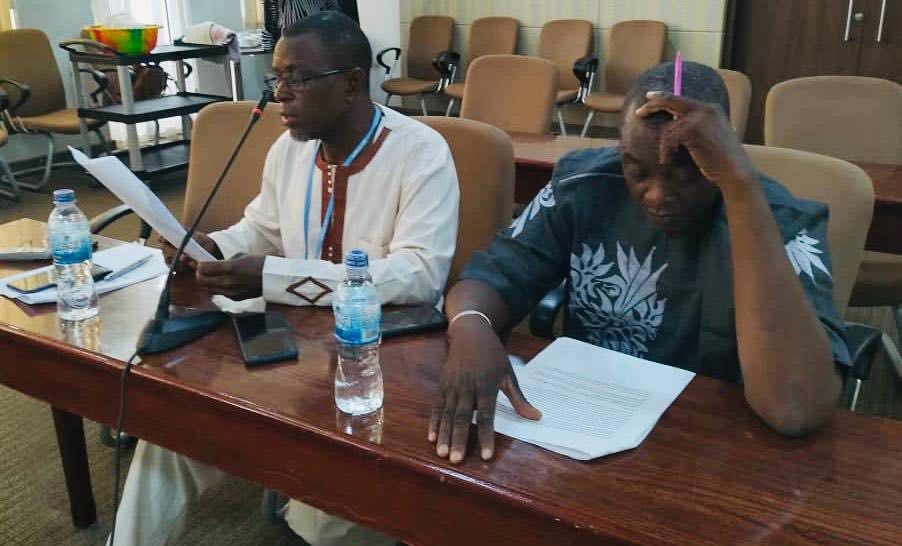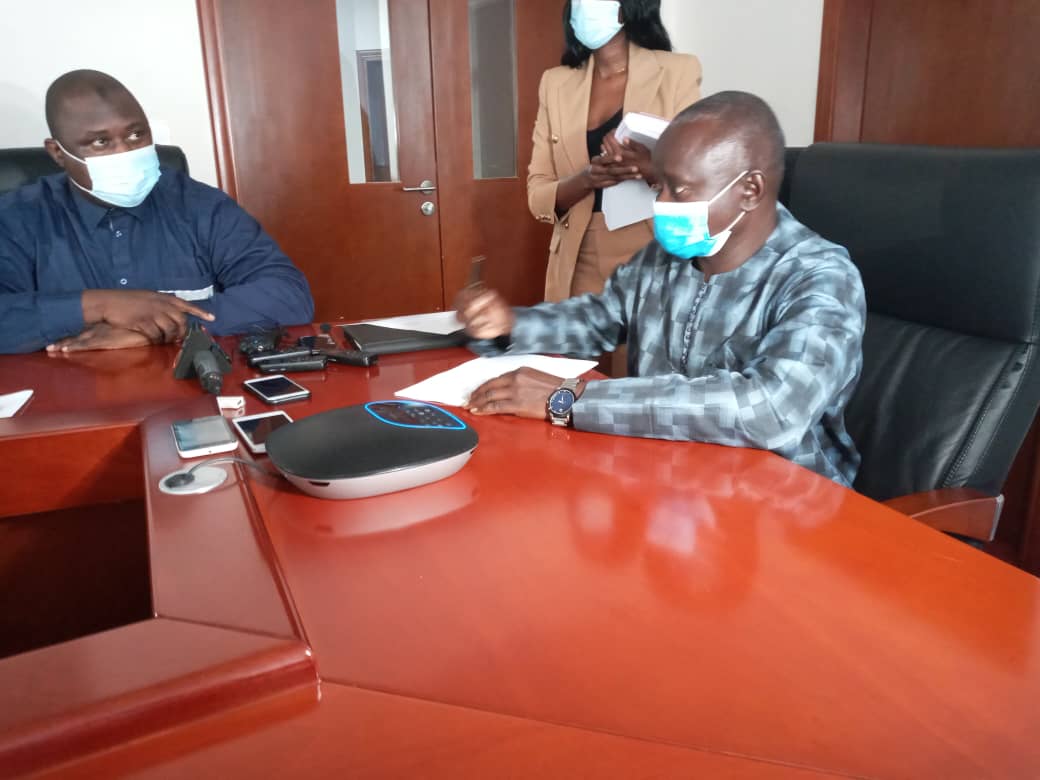By: Binta Jaiteh
Demba N. A Trawally, Deputy Director of the National Agricultural Research Institute (NARI) during the review of the Animal Health Bill 2020, told NA members that if the Animal Health Bill 2020 is enacted, it will improve the sanitary and zoo-sanitary standards of livestock products.
The bill was reviewed by the National Assembly members, with the Joint Committee on Agriculture and Health in consultation with West Africa Livestock Innovation Centre Veterinary Services and National Agriculture Research Institute.
During the review process, Mr. Trawally said: “The advocated Animal Health Bill 2020, currently being reviewed by NAM’s, has a holistic composition approach to disease control, food safety, international trade in livestock, farmer compensation, regulation of the importation, and manufacture.”
He explained that, the Veterinary Services of the Gambia which is mandated to prevent and control livestock diseases in the national herds and other health-related matters has been struggling to meet its functions within the confines of the obsolete Diseases of Animal Act 1994.
According to him, the act has become obsolete in the face of a rapidly changing world in terms of priority needs such as climate change and meeting food safety.
However, he said, in addressing the uncertainty and future developments there is an adequate way and a bill that acknowledges the uncertainty is indispensable.
This, he said, led to an extensive review of the Diseases of Animal Act 1994 considering complex interactions between socio-economic factors, political developments, climate change and the global context with the objective of producing a new robust version in the face of changing livestock sub-sector and climate.
As contained in the Food Safety Act, 2005, Mr. Trawally postulated that Livestock farmers, feed, veterinary dugs manufactures, and importers will be obliged to operate within the confines and provisions of the Animal Bill 2020 thereby sanitizing and de-risking livestock production.
“The effects of climate change on livestock production due to the in-availability of feed, water, the emergence, and re-emergence of diseases call for swift and parallel counter efforts from all stakeholders,” he concluded.





